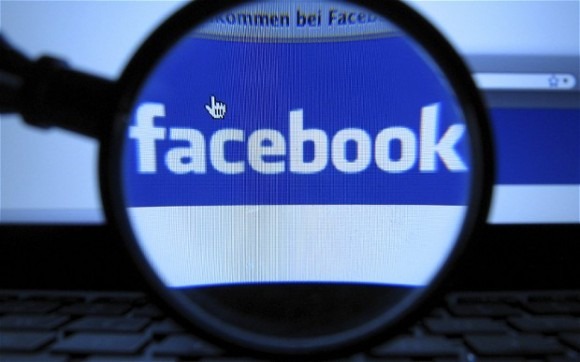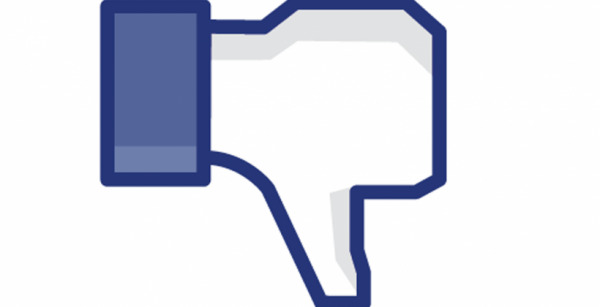Here's What Facebook Will (And Won't) Allow In Your Posts
You might have heard news that Facebook is changing up their rules a bit, releasing an update to their 'Community Standards' guidelines. Those rules are in place to safeguard the Facebook community at-large against content that is widely regarded as offensive or distasteful. But you're not one of those people, right? We hope not, but some algorithm might not be able to pick up on your humor or purpose. Rather than leave things to chance, let's clarify what can and can't be posted to Facebook.
Nudity is (mostly) bad
The company line on nudity has, to date, been rather opaque. Some stuff is pretty obvious (and not worth mention), but other things may not be so clear to some of us.
Starting today, genitals are officially banned. So is the buttocks. Female breasts with a nipple are (sometimes) not allowed (expect some rather interesting protest pics in response to the rule changes).
According to the Community Standards page, Facebook says they will "remove photographs of people displaying genitals or focusing in on fully exposed buttocks. We also restrict some images of female breasts if they include the nipple."
So what could be allowed? Breastfeeding pics won't be banned, according to the rules. Photos of paintings or sculptures are also okay, so feel free to share pics of your trip to the Louvre, everyone!
Other things that appeal to your better senses here: "explicit images of sexual intercourse" and "descriptions of sexual acts that go into vivid detail" will likely get the ban-hammer.

Violence
When you share a graphic image of anything violent for "sadistic pleasure or to celebrate or glorify violence", you'll likely get swatted down. Though you could be picked up via Newswire for something newsworthy, being gratuitous about violent behavior for no reason is not okay.
Similarly, things that may incite violence are going to get taken down. That includes any kind of hate speech that attacks someone's gender identity, race, religion, sexual orientation, disability, or really any basis for bullying.
Facebook will allow "humor, satire, or social commentary related to these topics." That will likely need some time and examples before we get a truer sense on what that means.
You also won't be able to promote "self-injury or suicide" via Facebook. That included self mutilation and eating disorders, but doesn't necessarily mean your posts on "body modification". If you share info about self-injury or suicide with the aim of helping others out, Facebook is alright with that.

Criminal acts
Think you're going to take some pics of you and some friends knocking over mailboxes and share them to Facebook? Think again. Not only will those be taken down, but Facebook may alert your local law enforcement!
If you get out of line and threaten a public figure, Facebook will also take that down. This goes for famous folk as well as "private individuals", so just don't make threats on Facebook.
If you're representing an organization that is engaged in terrorism or any kind of organized crime, Facebook will remove your content.
Dealing drugs via Facebook is also a no-no. "We prohibit any attempts by unauthorized dealers to purchase, sell, or trade prescription drugs and marijuana. If you post an offer to purchase or sell firearms, alcohol, tobacco, or adult products, we expect you to comply with all applicable laws and carefully consider the audience for that content. We do not allow you to use Facebook's payment tools to sell or purchase regulated goods on our platform."

Will these changes affect you?
Probably not. Though there are a lot of clarifications as to what is and isn't okay via Facebook now, these rules likely won't affect a majority of users who use Facebook in good faith, and to simply connect with others.
Will some users have things taken down they didn't mean to be offensive or harmful? Sure. Facebook has over one billion users, though, so there have to be some guidelines in place. For a majority of users, these are probably rules they'll never come into contact with. If there are some anomalies that come up, expect Facebook to further clarify the rules to reflect that.
